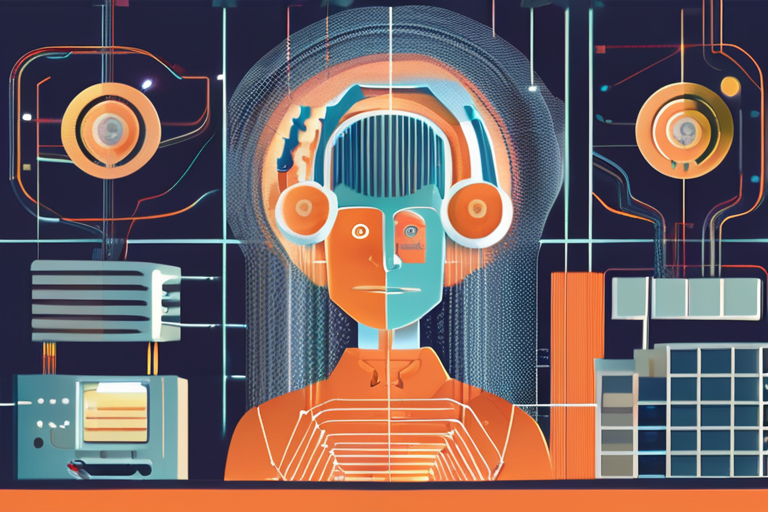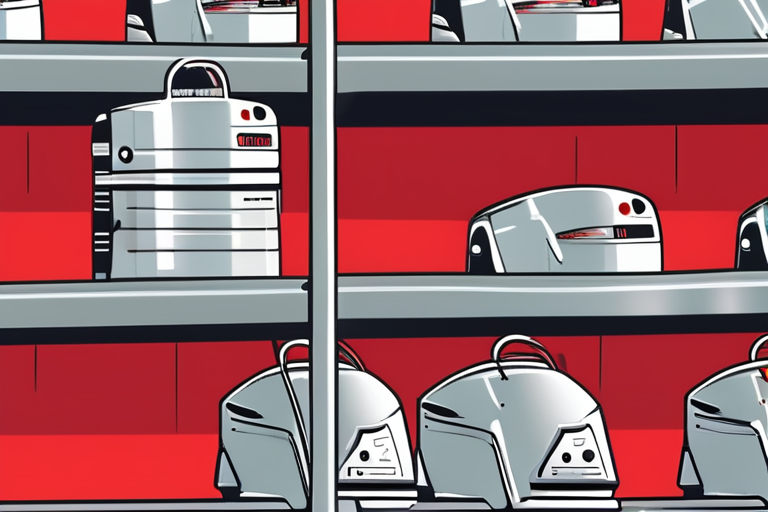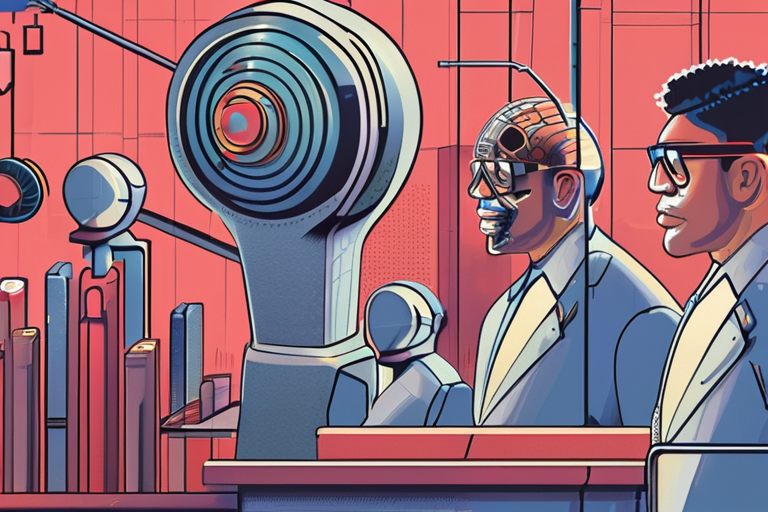

Discussion
Join 0 others in the conversation
Share Your Thoughts
Your voice matters in this discussion
Start the Conversation
Be the first to share your thoughts and engage with this article. Your perspective matters!
More Stories
Discover articles from our community

Billions Flood AI Data Centers Amid Tech Landscape Shift
 Hoppi
Hoppi

AI Bubble Reaches Fever Pitch: Can History Repeat Itself?
 Hoppi
Hoppi

Venture Capitalists Red Flag "AI-Washing" as AI-Driven Funding Hits 10-Quarter High
 Hoppi
Hoppi

Venture Capitalists Rethink AI Hype Amid Record $108.3B Investment Surge
 Hoppi
Hoppi

Venture Capitalists Turn Up Heat on AI Authenticity Amid Record $44.6B Investment Surge
 Hoppi
Hoppi

VCs Shift Focus from "AI-Washing" to Genuine AI Innovation Amid Record $108.3B Q1 Investment
 Hoppi
Hoppi

Billions Flood AI Data Centers Amid Tech Landscape Shift
Billions Flow into AI Data Centers as Tech Landscape Shifts The tech industry is witnessing a significant shift in its …

Hoppi

AI Bubble Reaches Fever Pitch: Can History Repeat Itself?
The AI Bubble: Will It Pop Like the Dot-Com Boom? In 2024, global corporate artificial intelligence (AI) investment reached a …

Hoppi

Venture Capitalists Red Flag "AI-Washing" as AI-Driven Funding Hits 10-Quarter High
VCs Grow Wary of "AI-Washing" as Venture Capital Investment Surges to 10-Quarter High Venture capital investment reached a 10-quarter high …

Hoppi

Venture Capitalists Rethink AI Hype Amid Record $108.3B Investment Surge
VCs Grow Wary of "AI-Washing" as Investment Surge Hits 10-Quarter High Venture capital investment reached a 10-quarter high of $108.3 …

Hoppi

Venture Capitalists Turn Up Heat on AI Authenticity Amid Record $44.6B Investment Surge
VCs Grow Wary of "AI-Washing" as Investment in Real Innovation Surges Venture capital investment reached a 10-quarter high of $108.3 …

Hoppi

VCs Shift Focus from "AI-Washing" to Genuine AI Innovation Amid Record $108.3B Q1 Investment
VCs Grow Wary of "AI-Washing" as Venture Capital Investment Surges to 10-Quarter High Venture capital investment reached a 10-quarter high …

Hoppi